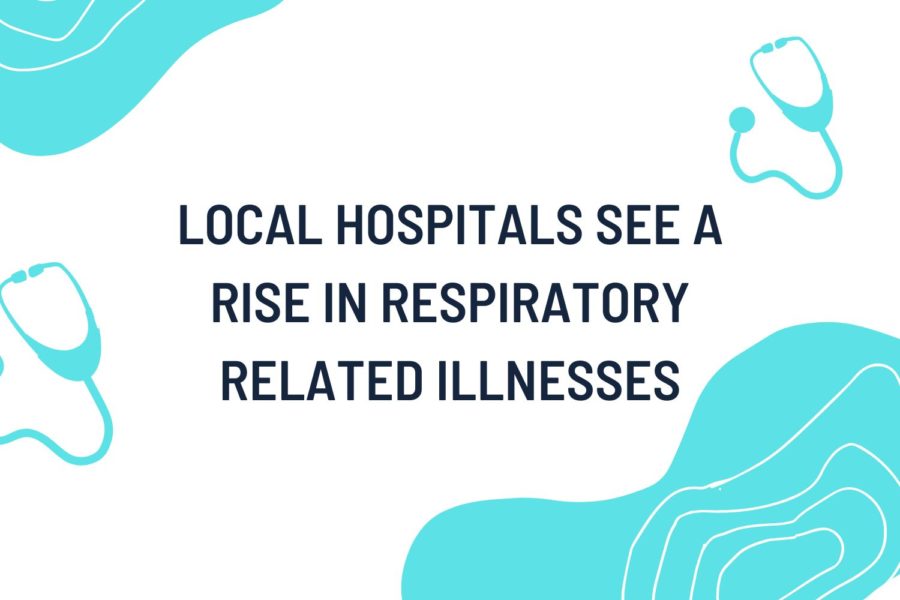Local Hospitals Face Surge of Respiratory Related Illnesses
Local hospitals are seeing record numbers of patients each day. Because of the rapid spread of respiratory-related viruses that our community is starting to see, it is important that we take steps to protect ourselves and others. Scroll to learn more.
As the winter season approaches, the Tampa area is beginning to see a rise in the number of respiratory-related sicknesses that our community faces. Typically, the surge of these various viruses does not arrive until late November or early December. However, the trends this fall have proved this idea false, as hospitals are already seeing massive surges in various kinds of respiratory illnesses.
One hospital, Johns Hopkins All Children’s Hospital in St. Petersburg, is already feeling the effects of this surge as their hospital has reached maximum capacity several times over the last few days. Patients at this hospital are mostly suffering from RSV, which stands for the Respiratory Syncytial Virus. A runny nose, fatigue, fever, and coughing fits are all things these RSV patients are suffering from. The RSV virus is spread mostly among children, so it is crucial for schools to take steps to protect students from becoming ill.
There is no vaccination option for RSV, but there is a flu shot that anyone six months or older can receive. Doctors at local hospitals have urged everyone that is eligible for a flu vaccine to get one in order to protect themselves and the people around them. However, the number of flu vaccines that have been distributed across the area, and even the nation, is low. Because of this, hospitals are bracing for many hospitalizations from the flu in the months to come.
In addition to taking advantage of vaccines that are available, not touching our eyes, mouth and nose, as well as washing our hands, are some simple actions that can protect us. Finally, it is always beneficial to stay home and isolate yourself if you are feeling ill to avoid spreading germs.
For more information on respiratory illnesses and other common viruses, click the link below.


